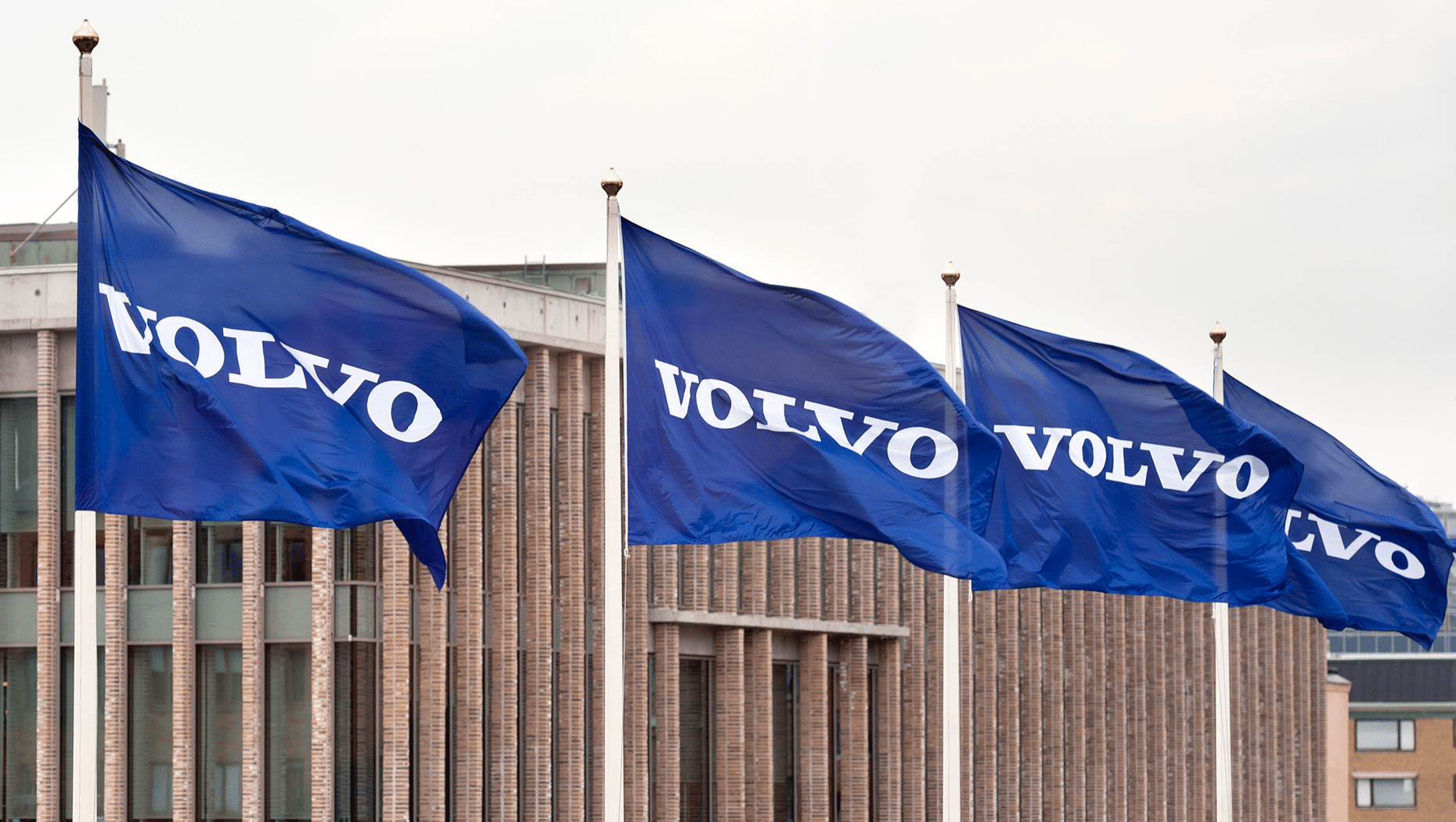Volvo Group, Renault Group, and CMA CGM Group have joined forces to tackle the rising demand for sustainable and efficient logistics. Together, they will focus on developing a new generation of electric vans specifically designed for the changing landscape of transportation influenced by climate change and forthcoming CO2 regulations.
The urgency to transition to electrification is driven by the pressing issue of climate change and the future regulations surrounding the transportation of goods. With the European market for electrified vans predicted to triple by 2030, there is immense potential, especially considering the growing e-commerce and rental businesses.
This collaboration aims to cater to the professional sector, which already faces cost pressures and a demand for safer and fully connected vehicles.
Key points of the collaboration include the establishment of a new company by Renault Group and Volvo Group, with each holding initial equity stakes of 50-50. Both giants will invest EUR 300 million each over the next three years.
Additionally, CMA CGM, a shipping giant, has shown interest in joining the venture and has signed a non-binding letter of intent. They plan to invest EUR 120 million through their PULSE Energy Fund, which focuses on decarbonizing the transport and logistics sectors.
The new entity aims to unveil a family of fully electric, software-defined vehicles by 2026. These vehicles will be constructed on a new fully electric LCV skateboard platform that ensures modularity and enhanced safety. The Software Defined Vehicle architecture promises a 30% reduction in overall usage costs for logistics players and offers high connectivity services. The vans will also feature an 800V system, providing compactness for urban mobility and versatility for tailored solutions.
The formation of this new company, expected to take place in early 2024 pending regulatory approval, represents the future of logistics – electric, efficient, and eco-friendly. This strategic alliance, backed by three industry leaders, is set to revolutionize urban logistics by providing comprehensive solutions that cater to the multifaceted needs of the sector. The collaboration blends the agility of a startup with the expertise of established giants, promising a game-changing approach to sustainable logistics.
Commercial electric vans see collaboration from major players
The world is facing an environmental crisis, with one of the major contributing factors being increasing greenhouse gas emissions from vehicles. To combat this issue, major players in the automotive industry have joined hands in the development and production of commercial electric vans. This collaboration not only aims to address the urgent need for cleaner transportation solutions but also shows a promising future for sustainable mobility.
One of the noteworthy collaborations in this domain is between two renowned automakers, Mercedes-Benz and Volkswagen. Mercedes-Benz Vans, a division of Daimler AG, and Volkswagen Commercial Vehicles recently announced their cooperation in the development of electric vans. By leveraging their expertise and resources, both companies aim to accelerate the electrification of their commercial vehicle portfolios.
Mercedes-Benz Vans, already making strides in the electric van market with its successful launch of the eSprinter, recognizes the importance of collaboration to expedite progress. The company plans to develop a successor to its eSprinter model, targeting both courier delivery and goods transportation sectors. By pooling their technological advancements and research, Mercedes-Benz and Volkswagen aim to develop electric vans that meet the diverse requirements of commercial customers seamlessly.
Volkswagen Commercial Vehicles, a subsidiary of the Volkswagen Group, also acknowledges the significance of electric vans in its future product lineup. The company has already introduced the all-electric eTransporter and eCrafter models, catering to the growing demand for sustainable commercial transportation. Through collaboration with Mercedes-Benz Vans, Volkswagen aims to enhance its electric van offerings and expand its market share.
Another major automaker taking part in the transformation of the commercial electric van sector is Ford. The company has collaborated with Volkswagen with the shared goal of launching a range of electric vehicles, including commercial vans, by 2023. By combining their capabilities, Ford and Volkswagen seek to achieve economies of scale, reduce costs, and deliver world-class electric vehicles.
Furthermore, Amazon, a prominent player in the e-commerce industry, is actively working alongside Rivian for the development of electric delivery vans. Rivian, an electric vehicle startup, has gained significant recognition for its expertise in producing electric pickup trucks and SUVs. Amazon plans to introduce 10,000 custom Rivian electric delivery vans on the road by 2022, aiming to create a greener and more sustainable delivery fleet.
These collaborations between major players in the automotive industry represent a significant step towards a cleaner and more sustainable future. By combining their technological know-how and leveraging each other’s strengths, companies like Mercedes-Benz, Volkswagen, Ford, Amazon, and Rivian are paving the way for widespread adoption of electric vans.
The shift towards commercial electric vans is not only beneficial in terms of reducing carbon emissions and combating climate change; it also offers economic advantages. Electric vehicles have lower operating costs, as they require less maintenance and have lower fuel expenses. Moreover, as governments around the world offer incentives and subsidies for electric vehicle adoption, businesses can enjoy cost-saving benefits while contributing to a greener environment.
The collaboration between major players in the automotive industry brings about increased production capacity and fosters healthy competition. As companies work together, they can share resources and knowledge, ultimately leading to faster innovation and research in electric vehicle technologies. This collaboration will not only benefit the automakers but also the customers who will have a wider range of high-quality electric vans to choose from.
In conclusion, the collaboration between major players in the automotive industry for the development and production of commercial electric vans is a positive step towards addressing the environmental crisis we face today. These partnerships offer promising solutions for sustainable mobility, reduce carbon emissions, and contribute to a greener future. As more companies join forces, we can expect further advancements in electric vehicle technologies and a greater shift towards a sustainable transportation system.

